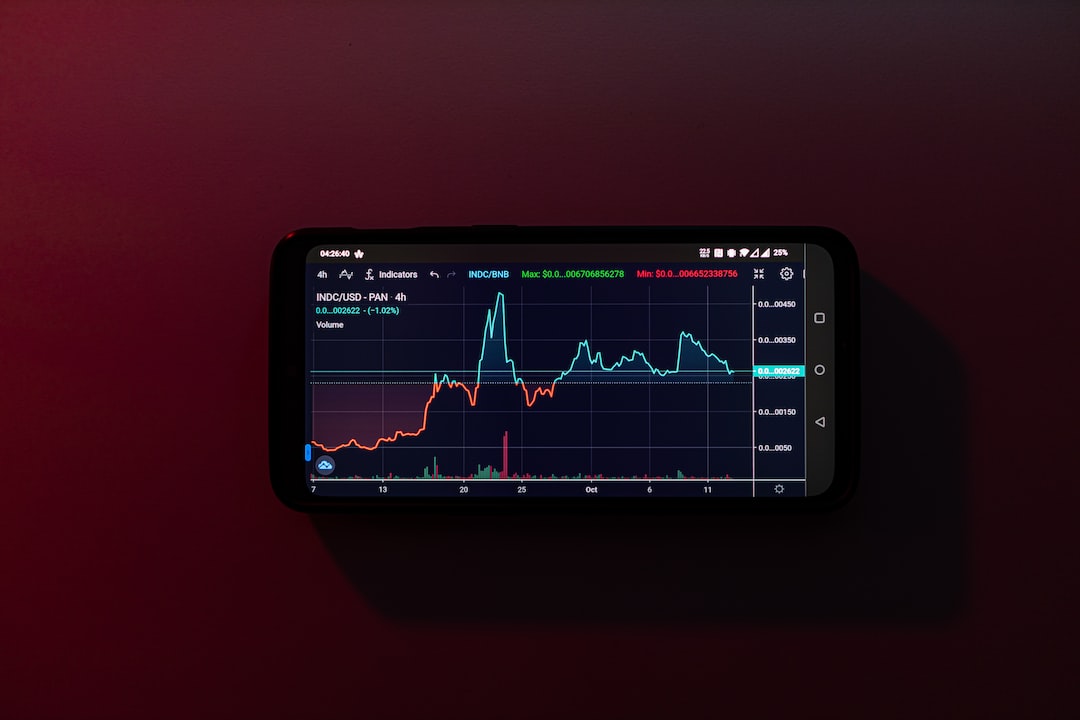Crypto Tools: Your Key to Safeguarding Your Digital Assets
Are you concerned about the security of your digital assets? In this digital age, cryptocurrencies have emerged as a revolutionary way to store and transfer value. However, with great power comes great responsibility. As the value of digital currencies rises, so does the importance of protecting them from cyber threats. Don’t worry though; in this article, we will guide you on how to use crypto tools effectively to safeguard your digital assets, ensuring peace of mind and confidence in your crypto holdings. So, let’s dive right in!
Understanding the Importance of Crypto Tools
Cryptocurrencies such as Bitcoin, Ethereum, Litecoin, and others rely on blockchain technology, which offers inherent security features. However, it’s crucial to understand that your digital assets are only as safe as your private keys and login credentials. Crypto tools act as a line of defense against potential risks, offering enhanced security and control over your assets.
Securing Your Digital Wallet
The first step in safeguarding your digital assets is to ensure the security of your digital wallet. A digital wallet is simply a software application that allows you to store, send, and receive cryptocurrencies. You should choose a reputable wallet provider and enable two-factor authentication (2FA) for added security. By enabling 2FA, you will require an additional verification step beyond a password to access your wallet. This significantly reduces the chances of unauthorized access to your funds.
Using Hardware Wallets for Enhanced Security
If you hold a significant amount of cryptocurrencies, you might consider using a hardware wallet. A hardware wallet, such as Trezor or Ledger, is a physical device that securely stores your private keys offline. This means that your keys are not exposed to the internet, significantly reducing the risk of being compromised by hackers. Using a hardware wallet provides an extra layer of protection and peace of mind that your digital assets are secure even in the face of sophisticated cyber threats.
Employing Two-Factor Authentication (2FA)
Two-Factor Authentication, or 2FA, is a security feature that adds an extra layer of protection to your online accounts. By enabling 2FA on cryptocurrency exchanges, wallets, and other related platforms, you ensure that even if someone gains unauthorized access to your credentials, they won’t be able to access your accounts without the additional verification step. You can set up 2FA using various methods, such as SMS verification codes, authenticator apps, or hardware keys. Utilize this powerful tool to fortify your crypto asset security.
Regularly Update and Patch Your Software
To stay ahead of potential vulnerabilities, it is crucial to keep your crypto software up to date. Software updates often include bug fixes, security patches, and performance improvements. By regularly updating your crypto tools, you ensure that you are utilizing the most secure versions available. Additionally, make sure to install reliable antivirus software and keep it updated to protect your computer from malware and other digital threats.
Strengthening Password Security
Passwords act as the first line of defense against unauthorized access to your digital assets. It is essential to choose strong, unique passwords for all your crypto-related accounts. Avoid using common passwords or reusing passwords across multiple platforms, as this increases the risk of a breach. Consider using a password manager to securely store and generate complex passwords. By adopting these password security practices, you minimize the likelihood of unauthorized access to your precious digital assets.
Implementing Cold Storage for Long-Term Holding
If you plan on holding your digital assets for an extended period, cold storage is a highly recommended security measure. Cold storage involves storing your private keys offline, away from the internet. This can be done using hardware wallets, paper wallets, or other dedicated cold storage devices. By employing cold storage, you eliminate the risk of online attacks, such as phishing or hacking attempts, making it an excellent choice for long-term asset protection.
Closing FAQs:
Q: Are hardware wallets compatible with all cryptocurrencies?
A: Most hardware wallets support a wide range of cryptocurrencies, including Bitcoin, Ethereum, Litecoin, and many others. But it’s always advisable to double-check the compatibility of your desired cryptocurrencies with the specific hardware wallet you plan to purchase.
Q: Can I use multiple 2FA methods for added security?
A: Absolutely! In fact, utilizing multiple 2FA methods, such as combining an authenticator app with a hardware key, provides an extra layer of security. This way, even if one method fails, you have another method to rely on.
Q: Is cold storage the only way to securely store digital assets?
A: Cold storage is highly recommended for long-term holding, but it’s not the only option. Digital assets can also be stored securely on hardware wallets or encrypted offline storage devices. The choice depends on the level of security and accessibility you desire for your digital assets.
Conclusion
In the ever-evolving landscape of cryptocurrencies, safeguarding your digital assets is of paramount importance. By utilizing crypto tools such as hardware wallets, two-factor authentication, and regular software updates, you can enhance the security of your digital assets significantly. Remember to strengthen your password security and consider cold storage for long-term holdings. With these measures in place, you can confidently navigate the world of cryptocurrencies, ensuring the safety and protection of your valuable digital assets.





 By
By
 By
By
 By
By
 By
By
 By
By